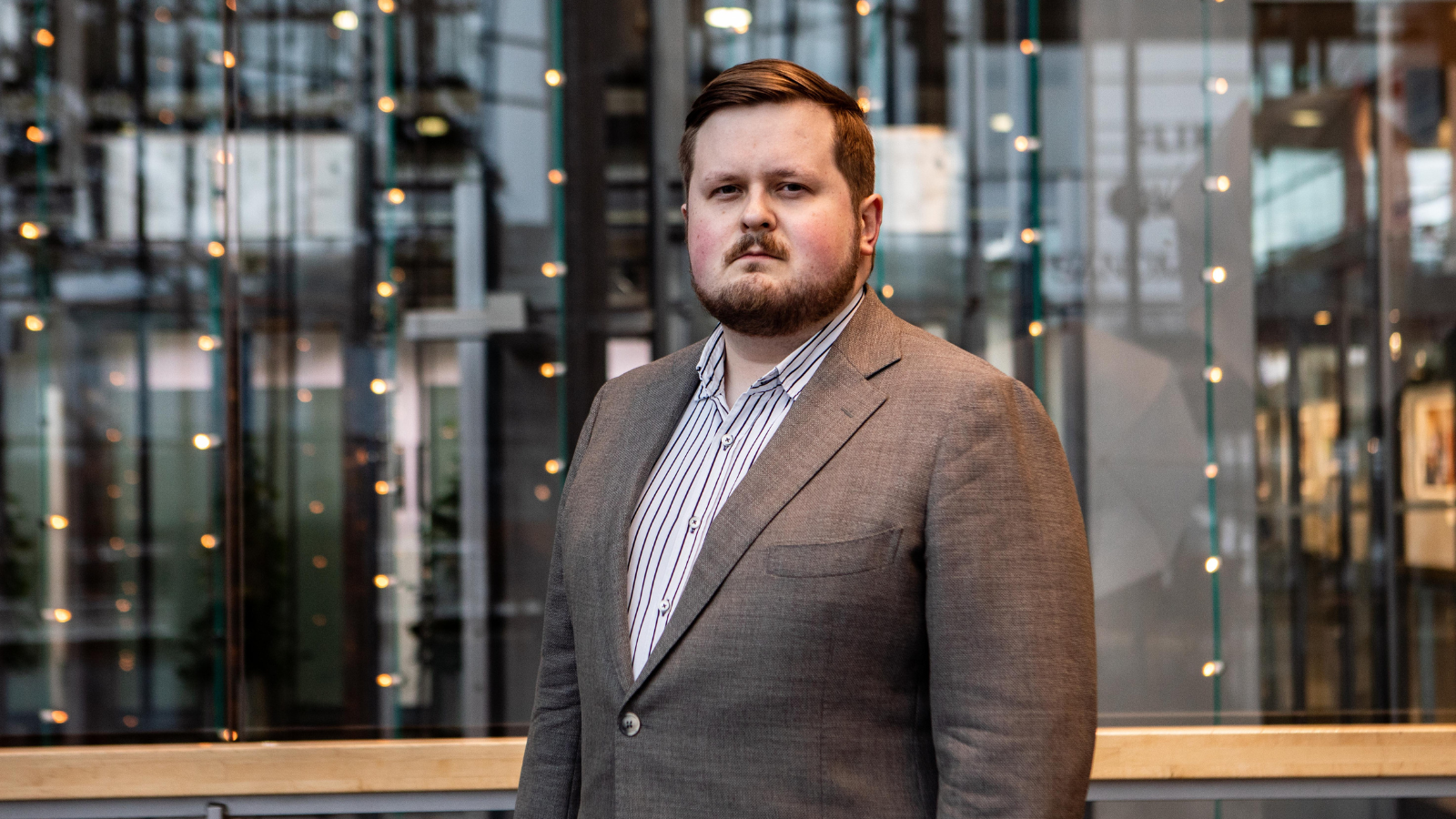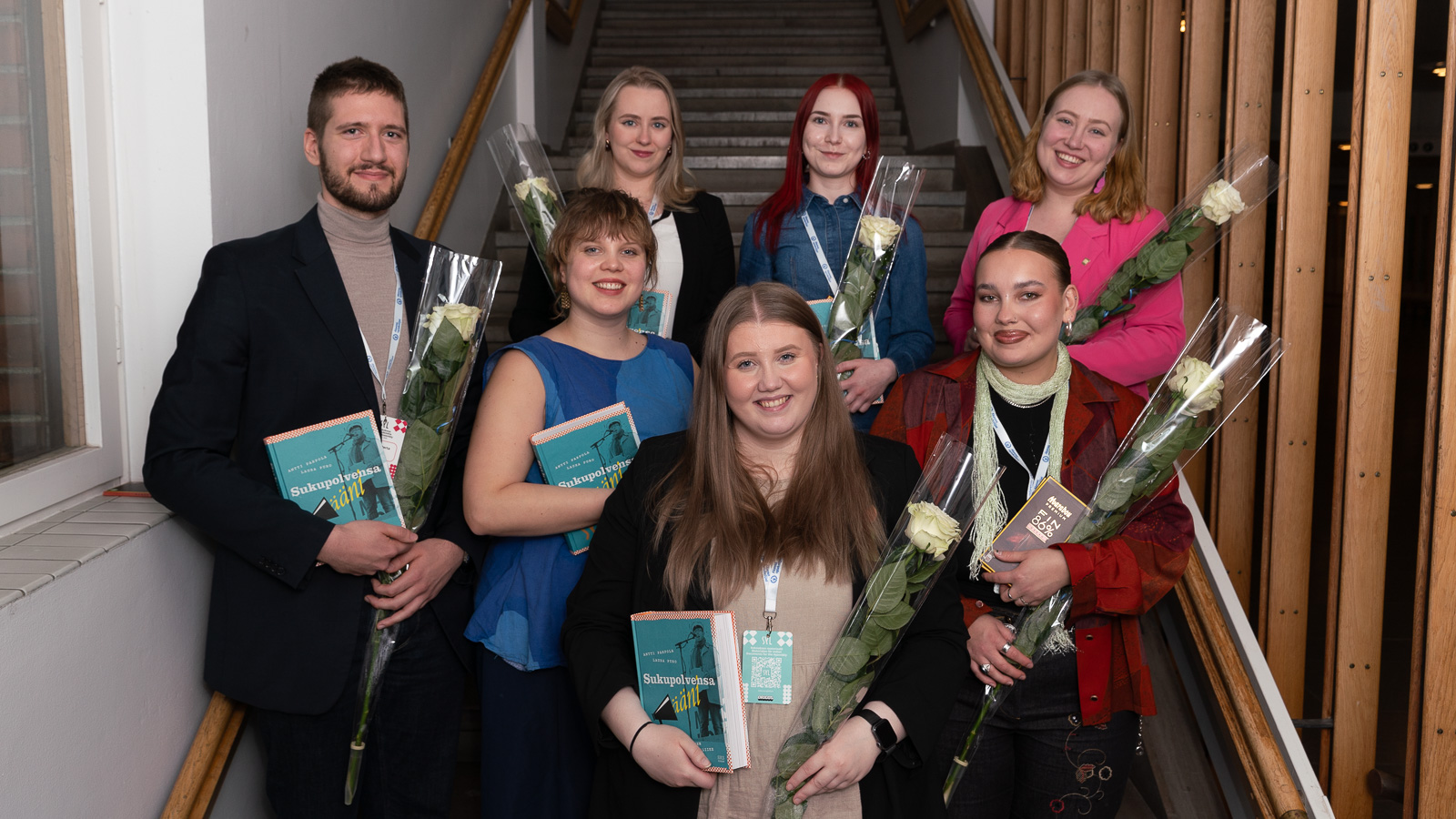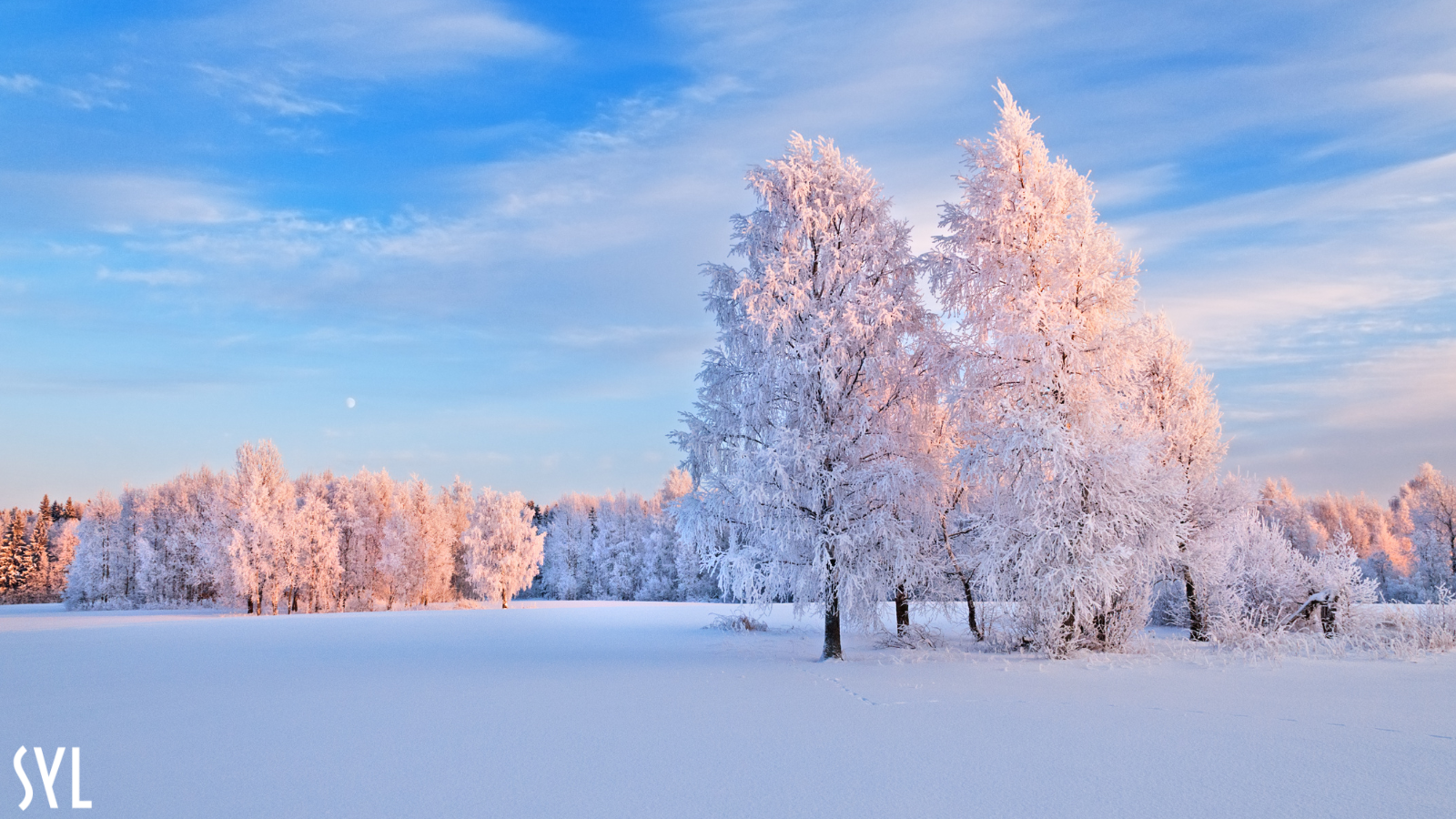All signs indicate that we are approaching a turning point. The current economic, production and consumption structures are not sustainable for the future of the planet or society. In addition to climate change, solutions must be found for problems related to declining natural resources, growing energy needs and global inequalities. All of these are connected, and one cannot be solved without the others. Students can be part of the in-depth transformation work, by building a more sustainable future and preparing for life there.
In 2025, Europe is burning more than ever. A record million hectares of land have burned, and the fires are not over yet. The rise in the global average temperature exceeded the 1.5-degree limit last year, and it has been estimated that the average temperature in Finland has risen by up to 3.4 degrees compared to pre-industrial period. Finland broke hot weather records in 2024 and 2025. Misinformation and disinformation about climate change exist both at the grassroots level and in national reports. Investments in oil, coal and gas continue. Glaciers continue to melt, and hurricanes are increasingly unpredictable.
The laws of nature, physics and chemistry are so complexly interlinked that it is impossible to separate climate issues from other global problems. Changes in international relations or technological innovations may cause tremendous changes, for example, in energy production or forest felling. Therefore, climate actions also concern the adequacy of natural resources, the sustainability of production chains, the availability of food and water, the rebuilding of the ozone layer and the vitality of nature. In addition to reducing the amount of carbon dioxide, the work involves building a new kind of society and adapting to it. This is a transformation that will affect jobs, production, consumption, transport, energy and numerous other key elements of the modern world.
It is clear that the transformation will not be easy for anyone. Not for consumers who live on the terms of machinery based on eternal growth and selfishness, nor for those who originally created this machinery. The impacts of climate change and climate work will hit us differently, and the transformation will be easier for some than for others. The ruling decision-makers and leaders will define sustainability, choose the basic pillars of a sustainable society, as well as determine who are the winners and losers of the transformation. The work for a clean climate and sustainable structures must be done thoroughly so that we do not repeat the mistakes that led to the current situation. We do not need more greedy people or institutions gathering power and resources at the expense of the planet.
For this reason, decisions made behind locked doors are not enough for climate work. The future is shaped by how the decisions and strategies are implemented. That is why, in addition to scientists and decision-makers, we need people who will experience the effects of these decisions to be included in the discussion. Today’s actions determine the framework we live in tomorrow, and unfulfilled actions determine what kind of problems we face.
This is why students must participate in the discussion. Science must be fostered, and sustainability issues must be increasingly integrated into it. I see the role of students being to listen, learn and ensure that both we and the future generations understand the importance of the sustainability transformation and receive appropriate education on the subject. We must be wiser than our predecessors, in order to promote the work that has already begun and to find the solutions that have not yet been found.
Sara Taskila
Chair of SYL’s Climate Network




